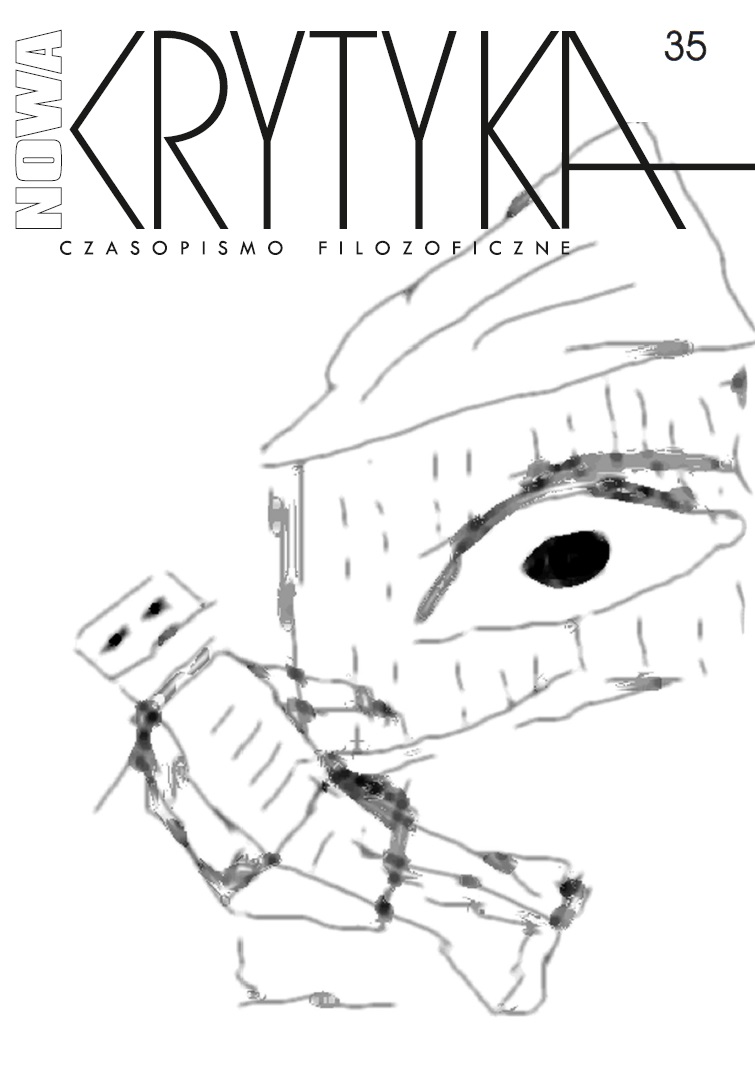Pieniądz i zagregowany popyt w polskiej ekonomii marksistowskiej
Money and Aggregate Demand in Polish Marxist Economy
Author(s): Damian WinczewskiSubject(s): Philosophy, Marxism
Published by: Wydawnictwo Naukowe Uniwersytetu Szczecińskiego
Keywords: marxism; neo-chartalism; economic growth; economy; class warfare
Summary/Abstract: Rosa Luxemburg significantly expanded economic thought for the first time seriously putting the issues of effective demand and money in a capitalist economy. Although her attempts to unravel how capitalism expanded reproduction takes place in the universal acceptance were considered to be incorrect, but it was close to a good solution pointing to a possible role for the public sector and quite accurately guessing the role it plays in the dynamics of capitalism export. Her idea was developed by Michal Kalecki, who proved that private investment can drive economic situation developed capitalism, which by nature have a tendency to crash, as described in his simulations Henryk Grossman. However, Kalecki predicted that public investment and debt will save capitalism, that he had no illusions that these solutions except the crises and political offensive of the capitalists. The prospect of Kalecki is in most aspects in line with contemporary neo-chartalist monetary theory, which assumes stable growth thanks to the possibility of endogenous money creation by the state and commercial banks. But is it broader and more mature politically, because the polish marxists predicted that about the prospects of capitalism will not decide even the most realistic economic policies of the democratic government, but in fact not entirely predictable class struggle between the capitalists and the working class.
Journal: Nowa Krytyka: czasopismo filozoficzne.
- Issue Year: 2015
- Issue No: 35
- Page Range: 151-169
- Page Count: 19
- Language: Polish

